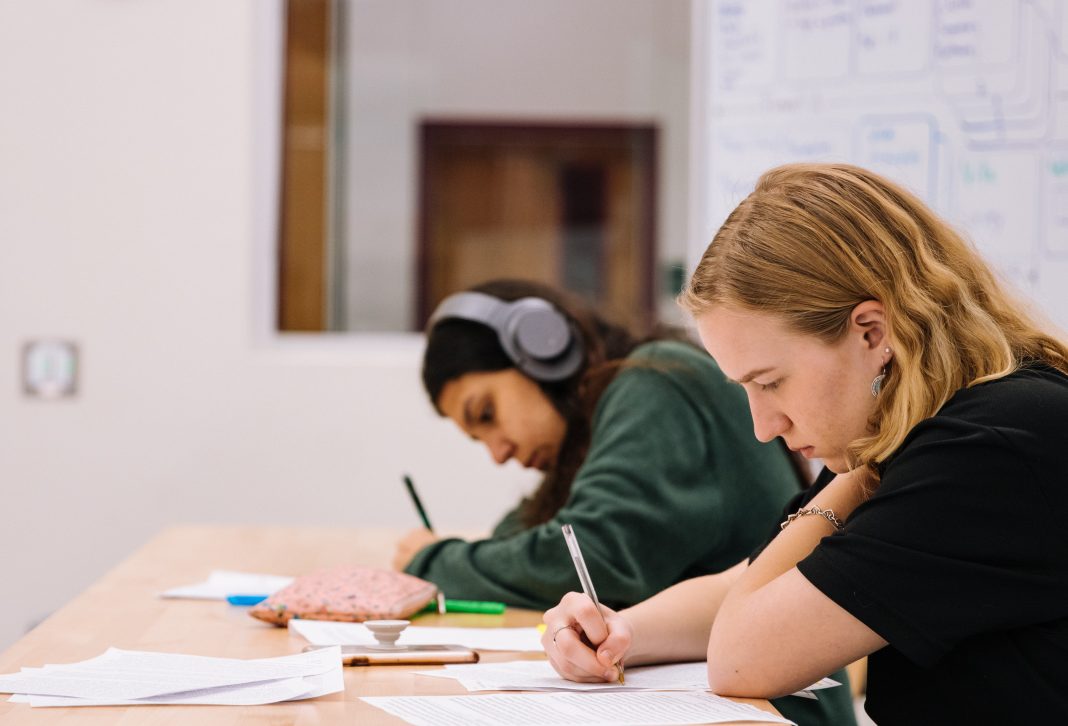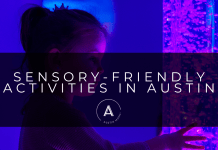I wasn’t familiar with the term “Education Consultant” until my son was graduating from 8th grade and it became clear that the public high school in west Austin that we are zoned to was not going to be a fit for him. I started researching other options and quickly became frustrated! There were not enough good alternatives, and too many options with even higher academic standards and less support, with triangulating information. After combing the internet, talking with his current teachers and psychiatrist, and calling dozens of admissions directors, I still hadn’t found the right fit for my child. I was spinning my wheels and burning out!
RELATED READING :: Financial Education: Teaching Kids to be Smart with Money
If only there was a way to narrow down the options, based on my student’s needs, with two or three pre-qualified and highly recommended schools that I could then visit in person…enter The Education Consultant! (Picture a glowing figure emerging from the clouds while angels sing.) Yep, that’s an actual job description. Education consultants do the groundwork of visiting schools, meeting with admissions directors, and getting to know the pros and cons of different programs. Some work locally, some nationally, some internationally, and can give referrals for all different grade levels from preschool, elementary, middle, or high school. They may have specialties like boarding schools, schools that cater to learning disabilities, or college prep schools. Typically you’ll pay hourly for consultation, but some consulting firms offer parent workshops and you can attend a general session with a group to learn about local progressive education options.
When hiring an expert to work with your student directly, it’s the education consultant’s job to gather information about the student and family so they have a deep understanding of their needs. They ask lots of questions of the parents, the student, and current teachers. They review grades, accommodations, and interests along with family priorities and budget. In our case they also considered neuropsychological evaluations and chatted with our psychiatrist.
Our education consultant narrowed the field down to 2-3 schools that suited our needs really well! They definitely showed us some options we didn’t know were out there. While they couldn’t guarantee admission, they did give us personal and knowledgeable recommendations and the information we needed to make an informed decision.
If you’re looking for an alternative to public school, connecting with an education consultant might help you find the right fit for your kid. Are you considering an alternative education for your child?










